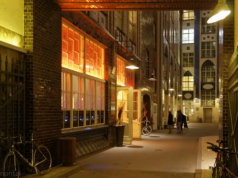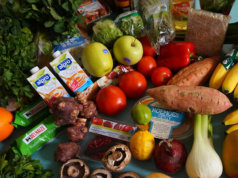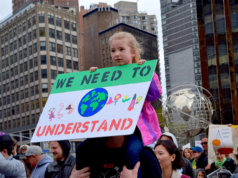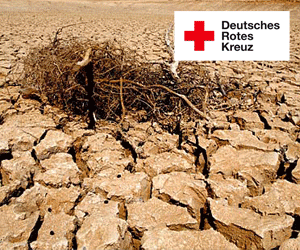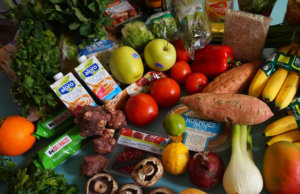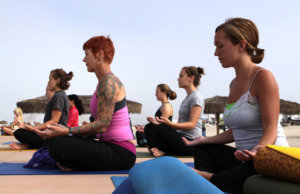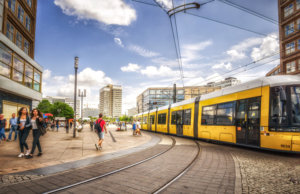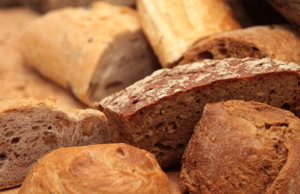Many Germans are fed up with the current food system. Just last week in Berlin, an estimated 18,000 people took to the streets to participate in the “Wir Haben es Satt!” (We are fed up!) march to say no to the industrialized agriculture system and yes to a more sustainable alternative.

Discount prices forcing out the small producers
In the past year alone, nearly 4,000 dairy farmers went out of business in Germany according to the Alternative Farmers Association. Organizers of a recent protest in berlin say that nearly 100,000 small producers have been forced to close in the last decade.
Why?
One huge element is discount pricing. Consumers want to pay the lowest price for the goods and the local small producers can’t compete. Huge retailers often import products from places where they can produced more cheaply – especially by paying workers lower wages. As well, large-scale industrial conventional productions typically receive hefty subsidies from the government and do not include the externalities – the cost of cleaning up water once nitrates from synthetic fertilizers have polluted it, for example – into the cost of the price. And, when large chain stores take control of the market (as is true in Germany) they can dictate price.
Though we may pay only a euro for a liter of milk today, we as the consumers will pay later. We will pay for the cleanup of the soil and water, for the health bills of a superbug infection caused by intense antibiotic use and the like.
Support for our small farmers
https://www.instagram.com/p/BPhzK2Pj0BU/?tagged=wirhabenessatt&hl=en
The “We are fed up!” demonstration has been going on each year since 2011. This year roughly 18,000 people marched through the streets chanting “A future on the land!” 54-year old dairy farmer Ottmar Ilchmann drove his tractor all the way from northwest Germany to join. He wasn’t the only one. Approximately 130 tractors make the journey, with one even traveling nearly 600 km. Together, they marched with other farmers, consumers and organizations.
Marching in the midst of big policy decisions
These marches come at a time when the European Parliament will vote on the Comprehensive Economic and Trade Agreement (CETA) between Europe and Canada. Many critics argue that opening up the market to more imported cheap foodstuffs will only harm German farmers. Furthermore, it would allow genetically modified foods to make their way more quickly into Europe. Recent polls indicate that up to 80% of Germans are against GMOs.
The importance of public pressure
We as consumers have a voice, if we work together. Karen Hansen-Kuhn works for the Institute for Agriculture and Trade Policy in the US. She feels that activists are making a difference. Food and farming are important issues to Europeans, especially in Germany and the lawmakers are being forced to listen to their voters.
“You wouldn’t find the same thing in the US if you talked to a policymaker that they would be able to tick off, consistently, the same four sets of demands that they are hearing from local populations,” she says.
“I think only if we go together, hand in hand, consumer and farmer, we can change our system of food production.”


